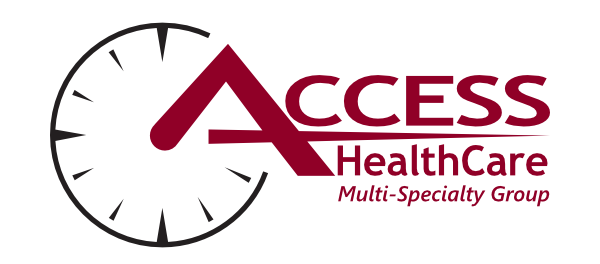Hypertension, also known as high blood pressure, is often called the “silent killer” because it typically has no noticeable symptoms until serious damage has occurred. This condition affects millions of people worldwide, leading to significant health risks, including heart disease, stroke and kidney damage. Understanding hypertension and how to manage it can save lives.
What Is Hypertension?
Hypertension happens when the pressure of blood against your artery walls stays consistently too high. This ongoing pressure can lead to damage to your arteries, heart and other organs over time. Blood pressure is measured in millimeters of mercury (mm Hg) and is noted with two numbers:
- Systolic pressure: The first number, showing the pressure in your arteries when your heart beats.
- Diastolic pressure: The second number, showing the pressure when your heart is resting between beats.
A typical, healthy blood pressure reading is usually under 120/80 mm Hg. Blood pressure is divided into several categories:
- Elevated: Systolic pressure between 120-129 mm Hg and diastolic below 80 mm Hg.
- Stage 1 Hypertension: Systolic between 130-139 mm Hg or diastolic between 80-89 mm Hg.
- Stage 2 Hypertension: Systolic 140 mm Hg or higher, or diastolic 90 mm Hg or higher.
Stay aware of your blood pressure numbers to protect your health! If left uncontrolled, high blood pressure can lead to serious complications, including:
- Heart disease: Hypertension increases the risk of coronary artery disease, heart failure and heart attacks.
- Stroke: High blood pressure can cause blood vessels in the brain to burst or become blocked.
- Kidney damage: Over time, hypertension can harm the blood vessels in your kidneys, leading to kidney failure.
- Vision loss: Hypertension can also damage the blood vessels in the eyes, which can cause vision problems.
Risk Factors for Hypertension
Several factors can increase the likelihood of developing high blood pressure, including:
- Age: As you get older, your risk of hypertension increases.
- Family history: Genetics play a role, and hypertension tends to run in families.
- Obesity: Excess weight increases the workload on the heart and blood vessels.
- Lack of physical activity: A sedentary lifestyle contributes to high blood pressure.
- Unhealthy diet: Diets high in salt (sodium), saturated fats and processed foods can elevate blood pressure.
- Excessive alcohol consumption: Drinking too much alcohol can raise your blood pressure.
- Chronic stress: Ongoing stress can contribute to elevated blood pressure levels.
Lifestyle Changes to Lower Blood Pressure
If you have hypertension or are at risk of developing it, making lifestyle changes can significantly lower your blood pressure and reduce the need for medication. Here are some proven methods to lower blood pressure:
Reduce Sodium Intake: High sodium levels in the diet contribute to hypertension. Limit your sodium intake to less than 2,300 mg per day, or even lower (1,500 mg) if you already have hypertension.
Exercise Regularly: Staying active is key to lowering blood pressure and improving heart health. Engaging in moderate physical activity, like brisk walking, for 30 minutes most days of the week can reduce blood pressure by up to 10 mm Hg. Other simple exercises include cycling, swimming or even dancing—anything that gets your heart pumping!
You can also try incorporating short workouts like jumping rope or jogging in place, which are fun and easy ways to stay active. Regular movement is key to keeping your blood pressure healthy.
Maintain a Balanced Diet: Eating a well-rounded, healthy diet plays a crucial role in managing blood pressure and overall heart health. Focus on incorporating plenty of fruits, vegetables, whole grains and lean proteins into your meals.
A great option to consider is the DASH Diet (Dietary Approaches to Stop Hypertension), which emphasizes foods rich in potassium, calcium and magnesium while limiting sodium, sugars and unhealthy fats. By following a balanced eating plan like the DASH Diet, you can help lower your blood pressure and support long-term heart health.
Limit Alcohol and Caffeine: Excessive alcohol can raise blood pressure. Limiting your intake to no more than one drink per day for women and two drinks for men is recommended. Caffeine, in high doses, can also temporarily spike blood pressure.
Control Stress: Long-term stress can lead to high blood pressure. Using relaxation methods like deep breathing, meditation or yoga can lower stress levels and support a healthy heart.
Monitor and Manage Your Blood Pressure
Taking control of your blood pressure is one of the best ways to protect your heart and overall health. At Access HealthCare, we offer comprehensive screenings and personalized treatment plans to help you manage hypertension and reduce your risk of serious health complications.
📞 Call us today at 434.316.7199 to schedule a blood pressure screening and consultation, or visit our website for more information about our services.
